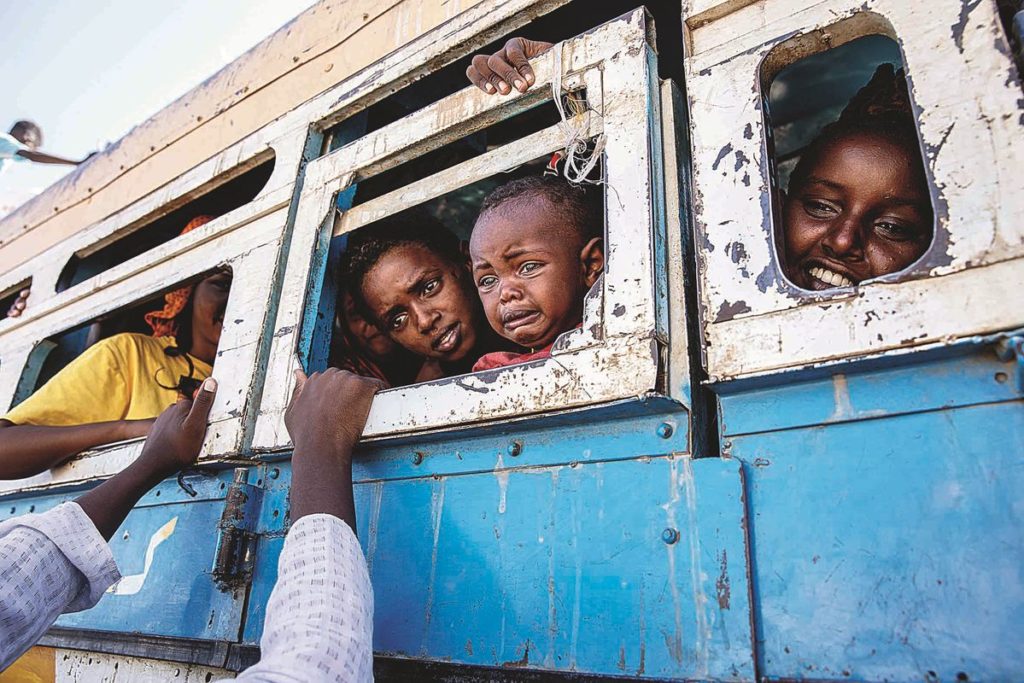UNITED NATIONS-UN Secretary-General Antonio Guterres expressed his deep concern for the recent escalation in violence in Ethiopia and the state of emergency that the country has declared.
In a statement released on Tuesday afternoon by his spokesperson, Guterres said: “The stability of Ethiopia and the wider region is at risk.”
The UN chief reiterated his call for an immediate cessation of the hostilities and for unrestricted humanitarian access to deliver assistance to the restive northern regions.
Guterres also asked for “an inclusive national dialogue to resolve this crisis and create the foundation for peace and stability throughout the country”.
The decision for the national state of emergency was made by the Ethiopian Council of Ministers, which is expected to be endorsed by the House of Peoples’ Representatives within days. The state of emergency will remain in force for six months.
The move came amid deteriorating conditions in northern parts of the country, as the conflict that erupted a year ago in the Tigray region between the Ethiopian federal government and forces loyal to the Tigray People’s Liberation Front expanded to the neighboring Amhara and Afar regions. In recent weeks, the conflict has encroached on central parts of the country.
Due to the lack of fuel for humanitarian operations in Tigray since early August, most humanitarian organizations have reduced or halted their activities. The provision of supplies, banking services and communications have also been affected.
No convoy with supplies has entered Tigray since Oct 18. As a result, food aid for children and women in Tigray has decreased by at least 50 percent.
As the conflict spreads, the humanitarian situation in Tigray, Afar, and Amhara continues to deteriorate. The fighting is also preventing the delivery of assistance and causing displacement, disruption of livelihoods and food insecurity.
Rosemary DiCarlo, the UN’s under-secretary-general for political and peacebuilding affairs, shared Guterres’ sentiment on Twitter.
“The possible consequences of a spiraling conflict on the country and the region are frightening to contemplate, but it’s not too late to choose dialogue,” she wrote.
